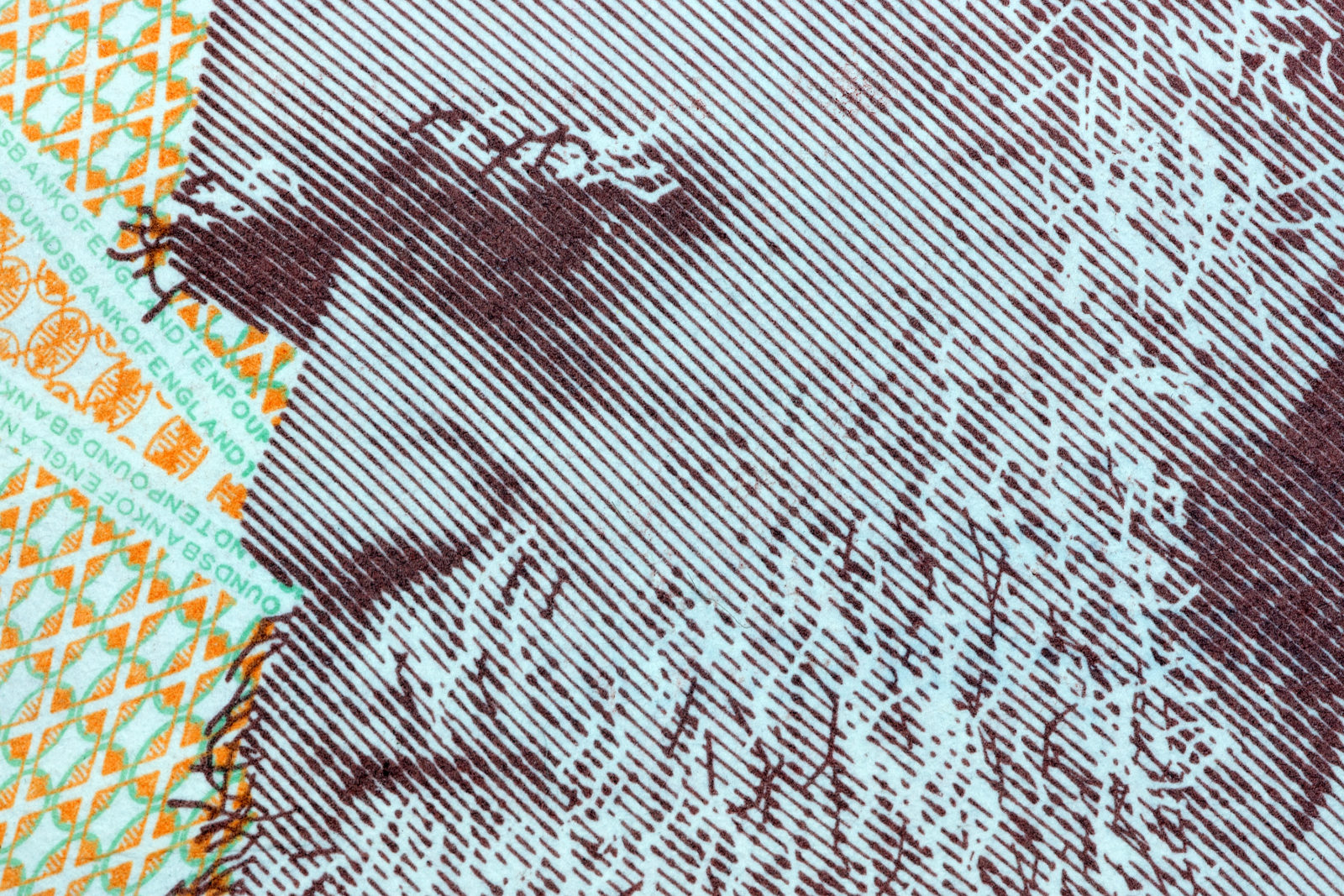So Help Us Darwin
Published at National ReviewAn intimidatingly learned colleague has written to a few friends to deplore the latest bulletin on Senator John McCain, who is of course running for president. The news is that McCain has agreed to speak at a luncheon hosted by the Discovery Institute in Seattle. What offends my friend is that the think tank in question supports the concept of Intelligent Design. And the question raisedbelieve it or notis whether such a latitudinarian thinker should be thought qualified to be president of the United States.
It seems an ancient controversy, and of course it is. Fifteen minutes after Charles Darwin explained his theory of evolution, his disciples — apostles — ruled out any heresy on the subject of the naturalist explanation for human life. Young people are educated to think of the question in the grammar of the Scopes Trial, Clarence Darrow vs. William Jennings Bryan. That trial made for great naturalist theater. Mr. Bryan was not born either to become president or to explain how God could tolerate chicken pox, so Clarence Darrow wiped him into dust.
But the contention continued, and has been explored from time to time under heavy lights. My own forensic involvement took place nine years ago as host of Firing Line. The two-hour, nationally televised debate on the topic Resolved: that the evolutionists should acknowledge creation featured seven professors. Four of them took the establishmentarian scientific position. It is, essentially, that not only is naturalism established as verified science, but any interposition into the pictureof inquisitiveness, let alone conviction that there might have been design in the evolution of our worldis excluded.
But that was a tough night for those who hoped that the lunacy of creationist thought would prove self-evident. The evolutionists had to contend with, for instance, Phillip E. Johnson, professor emeritus of law at the University of California at Berkeley, who wrote the book Darwin on Trial, and then Defeating Darwinism by Opening Minds.
In outlining epochal events in this quarrel, Johnson quoted the official directive on teaching evolution as it appeared in the 1995 position statement of the National Association of Biology Teachers. The diversity of life on earth is the outcome of evolution: an unsupervised, impersonal, unpredictable, and natural process.
Please note, said Professor Johnson, that two years later the board of that association dropped the words unsupervised and impersonal. The meaning of it being that hard scientific research has taken from the evolutionary position not its authenticity no one can argue with much of its description of what happened in the development of manbut its title to exclusivity. To prove absolutely that an apple, dropped from above Johnnys head, will fall down on it is not the equivalent of proving that no extrinsic force had a hand in setting up that gravitational exercise.
Johnsons objections have to do with separating real science from the materialist philosophy that provides the only support for Darwinist theory.
The questions are profound, and the arguments subtle. It is not reasonably expected of Senator McCain, or any other contender for the presidency, that in his public appearances he will explicate all the conundrums.
But the intelligent liberal community should not impose on anyone a requirement of believing that there is only the single, materialist word on the subject, and that only contempt is merited by those who consent to appear at think tanks composed of men and women prepared to explore ultimate questions, which certainly include the question, Did God have a hand in creating all of this? Including the great messes we live with?
Representing the affirmative that night on television, one debater closed with this: Im taken with the reply of an elderly scientific scholar to an exuberant young skeptic. I find it easier to believe in God than to believe that Hamlet was deduced from the molecular structure of a mutton chop.
